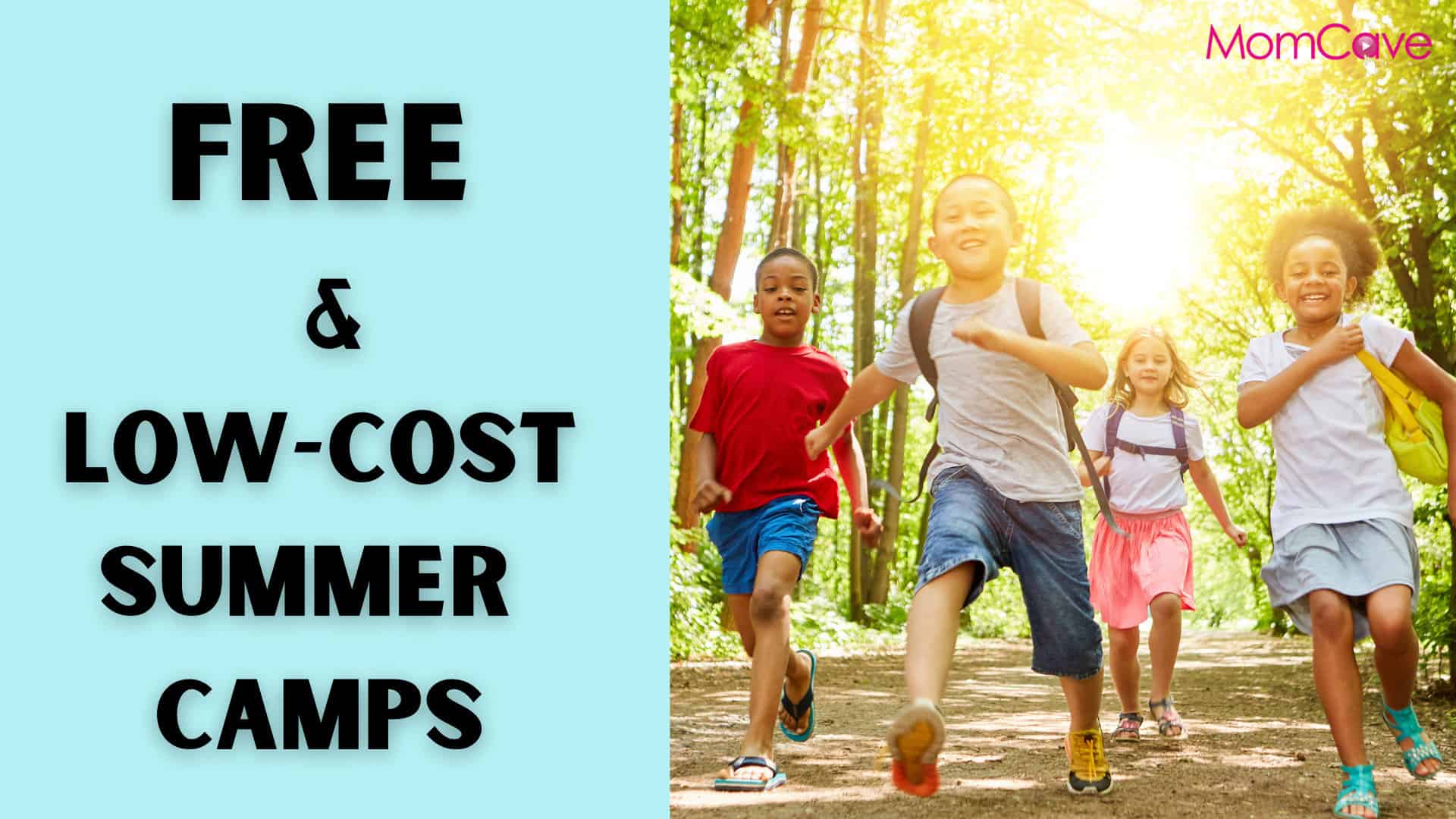Unleash the Fun: Free Camping Spots Near You for the Family
Hey there, awesome parents! Are you ready to make unforgettable memories with your little adventurers without spending a dime on accommodations? You’re in luck because this guide is all about sharing the insider scoop on how to find the best free camping spots near you. Get ready to enjoy the great outdoors and instill a love for nature in your children!
What is Free Camping?
First things first, let’s talk about what free camping, often referred to as dry camping, boondocking, or wild camping, actually means. Free camping is all about setting up your tent or parking your RV in areas that do not require a fee. These spots are without the typical amenities of a campground, so it’s all about going back to basics and enjoying nature in its purest form.
Benefits of Free Camping for Families
- Cost-Efficient: Saving on campsite fees means more funds for fun activities or delicious treats. It’s a budget-friendly way of vacationing.
- Educational: Your kids can learn survival skills, flora and fauna recognition, and the importance of environmental conservation.
- Unplugged: Free camping is a chance to disconnect from electronics and connect with each other. Family bonding at its finest!
- Adventurous: Explore new territories, discover hidden gems, and savor the thrill of adventure in the great outdoors.
How to Find Free Camping Spots Near You
Discovering hidden treasures doesn’t require a map with an ‘X’ on it. With a few online tools and some local knowledge, you’ll be campfire-ready in no time.
- Public Lands: Many national forests, Bureau of Land Management (BLM) areas, and some wildlife management areas offer free camping spots. Check out their websites or visit local ranger stations for the best advice.
- Online Resources: Take advantage of online platforms and apps such as AllStays, Campendium, or iOverlander that offer searchable databases of free camping areas.
- Social Media Groups: Facebook groups and online forums are gold mines for personal recommendations and up-to-date information on free camping locales.
- Word of Mouth: Sometimes the best spots are known through the camping grapevine. Chat with other camping aficionados for their top free site suggestions.
What to Consider When Choosing a Free Campsite
Selecting the perfect campsite isn’t just about finding a spot to plop your tent. Here’s what you need to keep in mind:
- Safety: Ensure the area is safe for families and that you’re not setting up in a precarious location.
- Legality: Make sure free camping is allowed and you’re not trespassing on private property or breaking any local ordinances.
- Access: Consider how easy or difficult it is to get to the campsite. Is it a family-friendly trek, or is it too challenging for your little ones?
- Amenities: Even though you’re going off-grid, some basic amenities like a nearby water source or a place to dispose of trash may be important for your family.
- Activities: Research nearby activities suitable for your family. Hiking trails, swimming spots, and open areas for play can enhance your experience.
Ready to trade city lights for starry nights? Stay tuned for more insightful tips on preparing for your free camping adventure with your family. Remember, it’s not just about where you go but the memories you create along the way. Embrace the wonder of nature, delight in the simple joys, and breathe in the fresh air — your incredible journey into the wild awaits!

5 Essential Tips for Parents Preparing for Free Camping
Nothing beats the experience of camping under the stars with your family. To help make your adventure a success, here are five things every parent should know when preparing for that joyful escapade into the wilderness.
1. Pack Smart – Essentials and Beyond
- Shelter: A sturdy tent or a well-maintained RV is a must. Bring extra stakes and a rain tarp in case of windy or rainy weather.
- Bedding: Ensure everyone has warm sleeping bags and consider inflatable mattresses for extra comfort.
- Clothing: Dress for success–this means layers! Even in summer, nights can be chilly. Don’t forget rain gear and sturdy footwear.
- Food and Water: Bring plenty of snacks, ingredients for simple meals, and lots of water. Remember, you may not have access to a store or running water.
- First Aid: Accidents happen, so keep a well-stocked first aid kit handy. Include medication for allergies and bites, bandages, antiseptics, and any personal medications.
2. Educate and Involve Your Kids
- Leave No Trace: Teach your kids the seven principles of Leave No Trace to keep the environment clean and preserved for future campers.
- Wildlife Safety: Show them how to respect wildlife from a distance and explain why it’s not safe to feed or approach animals.
- Survival Basics: Fun lessons in basic survival skills such as reading a compass, building a fire, and finding water can be both educational and entertaining.
- Involve Them in Planning: Let your kids help with packing and planning. This helps them feel more invested in the trip and excited about the adventure.
3. Prepare for the Unexpected
- Weather Check: Always look up the weather forecast before heading out, but prepare for sudden changes.
- Emergency Plan: Have a plan in case you need to leave quickly, such as if someone gets sick or if severe weather hits.
- Backup Essentials: Extra batteries, a solar charger, and a hand-crank radio can be lifesavers in off-grid situations.
4. Campsite Research and Reservation
- Investigate: Not all free camping spots are created equal. Research the terrain, wildlife activity, and any recent reports from other campers.
- Respect Boundaries: Even in free camping areas, there may be specific spots that are off-limits. Make sure to camp within allowed zones.
- Permissions: If necessary, obtain any permits or permissions required for free camping in certain areas to avoid fines or being asked to leave.
5. Leave Your Campsite Better Than You Found It
- Clean Up: Ensure you pack out all trash and leftover food. This keeps the area beautiful for the next family and protects wildlife from ingesting something harmful.
- Nature Conservation: Avoid damaging the surrounding flora and fauna. Teach your kids why it’s essential to preserve these natural habitats.
- Sharing is Caring: Share your experience with others considering free camping. Positive, respectful use of these areas ensures they remain available and free.
By preparing cautiously, involving your kids in the learning process, and caring for the environment, you’re all set for an awesome free camping experience. Let’s get packing and embrace the beautiful simplicity of nature!
For more great fun click here. For more information see here
Disclaimer
The articles available via our website provide general information only and we strongly urge readers to exercise caution and conduct their own thorough research and fact-checking. The information presented should not be taken as absolute truth, and, to the maximum extent permitted by law, we will not be held liable for any inaccuracies or errors in the content. It is essential for individuals to independently verify and validate the information before making any decisions or taking any actions based on the articles.




